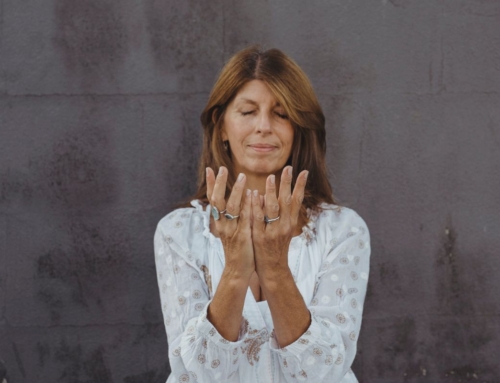Create A Life You Love With A Personalised Self-Care Toolkit
Do you have a self care toolkit? What’s in it?
A self-care toolkit can be a valuable tool for promoting overall well-being and happiness, helping you to take care of yourself physically,
emotionally, mentally and spiritually.
My self care toolkit has become a gift, both in good times and when life gets challenging.
I know which tools to reach for every day to feel good, stay positive and build resilience. If I let these things slip for long I notice that my energy may change, the way I talk to myself may change, I begin to make unhealthy choices and soon I can be feeling a little stuck. It’s a reminder for me to get back on track and take care of myself as best I can.
When you create your own toolkit the act of choosing and gathering resources for self-care, require you to take an active role in your own well-being, creating a sense of agency in your life.
Create a toolkit that contains resources that align with your personal preferences and values. Spend time trying them out and becoming so familiar with them, making them regular habits, that feel natural and accessible. Leave out things that don’t resonate with you.
Taking time to create a self care toolkit for yourself is a form of self compassion. Recognising the importance of taking responsibility for yourself and investing in your wellbeing sends a strong signal that your health matters.
With this self awareness and action we will give ourselves the chance to show up in the best possible way for our loved ones, our friends and our colleagues.
What should you put in your self care toolkit?
There are many tools and resources that can be beneficial for promoting well-being. Make sure you add things that you enjoy and that resonate with you.
Here are some of my favourites, try adding some of your own.
- Journaling: Writing down your thoughts and feelings can be a therapeutic way to process emotions and gain insight into your mental state.
- Mindfulness practices: Mindfulness-based activities such as meditation, yoga, and deep breathing can help reduce stress and improve overall mental well-being.
- Regularly engaging in self-care activities such as exercise, getting enough sleep, and eating a healthy diet can have a positive impact on mental well-being.
- Time in nature: Spending time outdoors and connecting with nature has been shown to have a calming and grounding effect on the mind.
- Gratitude: Practicing gratitude, such as keeping a gratitude journal, can shift your focus to the positive aspects of your life, which can improve mental well-being..
- Relaxation techniques: such as progressive muscle relaxation, and guided imagery.
- Stopping negative self talk. Try the 5,4,3,2,1 method and change that thought replacing it with positive talk. We need to work hard to combat the negativity bias we have. Just think of it as exercising a muscle, it needs repetition to grow.
- Art or creative activities: such as painting, drawing and knitting can be a way to express emotions and feelings that are hard to put into words.
If you really want to create a valuable toolkit its important to explore and find what works best for you. Try one or two things that you can fit into your day. If they work and you like them, establish them into your day/week and make them a consistent part of your routine. Making the items in your tool kit part of your regular habits will ensure they are meaningful and easy to access.
For some great advice on how to create new habits and make them stick listen to this podcast with Mel Robbins https://www.melrobbins.com/podcasts/episode-31
Have fun creating your own bespoke toolkit, creating healthy habits and enjoy taking control of your wellbeing one step at a time.




